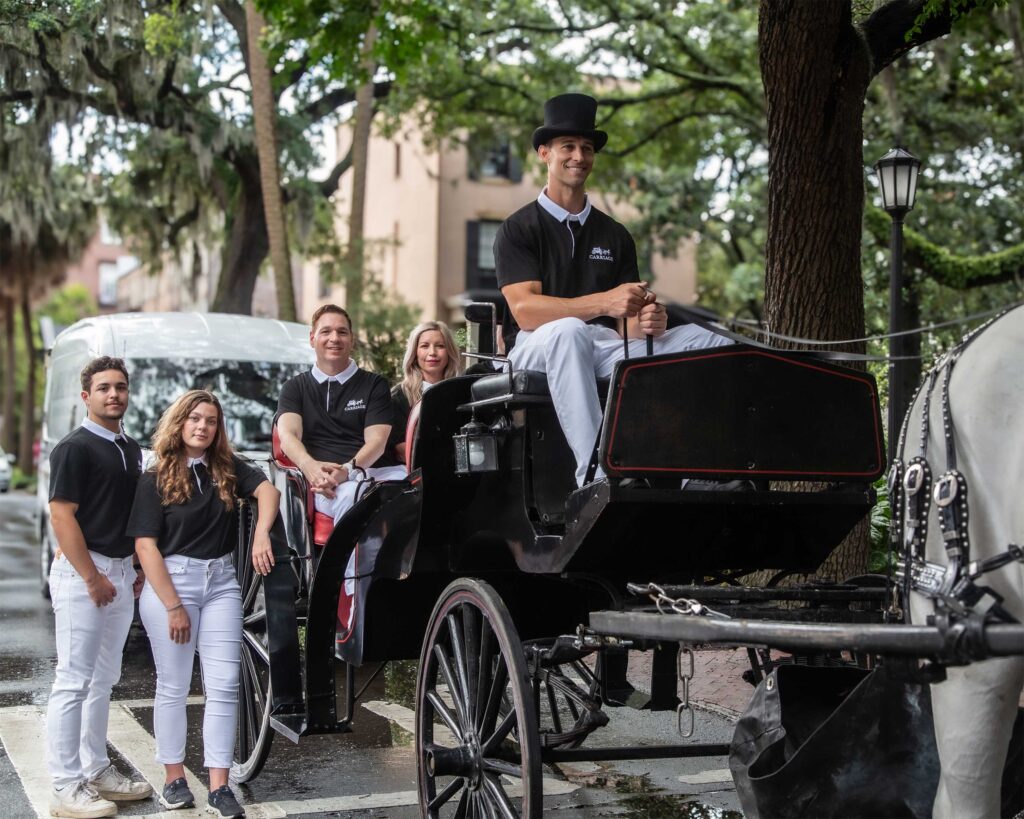
AC units require proper maintenance to ensure peak performance throughout the colder months. As temperatures drop, it’s important to prepare your system so that it can handle the frosty weather. Neglecting this step may lead to unnecessary repairs or reduced efficiency when you need cooling again. In this guide, you’ll discover important tips that will help you protect your unit and save you time and money come springtime. Let’s investigate the winter care strategies you need!
Understanding Your AC System
To ensure your air conditioning unit performs optimally, it’s important to familiarize yourself with its components and functions. Understanding your AC system will help you take the necessary steps to prepare it for winter weather. Regular maintenance and winterization can extend your unit’s lifespan and improve its efficiency when temperatures rise again.
Types of AC Units
To properly winterize your air conditioning unit, you first need to identify which type you have. Here are the most common types:
- Central Air Conditioning
- Window AC Units
- Portable AC Units
- Ductless Mini-Split Systems
- Hybrid Systems
Assume that understanding your specific unit will aid in better maintenance throughout the seasons.
| Type of AC Unit | Key Features |
| Central Air Conditioning | Cooling entire home, utilizes ducts |
| Window AC Units | Installed in windows, efficient for single rooms |
| Portable AC Units | Movable and easy to install, venting required |
| Ductless Mini-Split Systems | Flexible installation, no ducts required |
| Hybrid Systems | Combines different cooling methods for efficiency |
How Cold Weather Affects AC Performance
Above freezing temperatures, air conditioning systems primarily depend on refrigerant and airflow to provide cooling. In cold weather, your AC unit may struggle to operate efficiently, as low temperatures can affect the refrigerant’s ability to evaporate and condense. This not only impacts cooling performance but can also lead to potential damage if not addressed properly.
And as temperatures drop, the components of your AC unit can expand or contract, leading to potential leaks or other issues. Moisture can build up and freeze during the winter months, creating complications that require professional intervention. Regular checks during the cold season ensure smooth operation when warmer weather returns.
Pre-Winter Maintenance Checklist
It’s time to prepare your AC units for the frosty months ahead. Start by creating a pre-winter maintenance checklist to ensure your system remains efficient. You can discover valuable insights by checking out these 9 Tips To Get Your HVAC System Ready For Cold Weather. This proactive measure can save you from unexpected breakdowns and higher energy bills down the line.
Cleaning and Inspecting the Unit
Among the first steps in your maintenance checklist is cleaning and inspecting the unit. Clear away debris, leaves, and dirt that may have accumulated around the outdoor unit. This helps maintain airflow and prevents any damage from moisture or frost. Inspect the fins, coils, and filters, replacing or cleaning as necessary for optimal performance.
Covering and Protecting the System
Against harsh winter elements, covering your AC unit can significantly prolong its lifespan. A proper cover protects your system from snow, rain, and ice, which can cause corrosion and mechanical failure. Be sure to use a cover that’s designed specifically for your type of AC unit to ensure adequate ventilation and protection from the elements.
To further secure your AC unit, consider using a heavy tarp or a specialized cover that fits snugly to keep out moisture and debris. Additionally, if your unit is vulnerable to ice and snow accumulation, it may be worthwhile to elevate it slightly off the ground, allowing for better drainage during thawing periods. Proper covering will help maintain your system’s integrity and efficiency through the winter months.
Preparing Your Thermostat
One of the first steps in winterizing your AC unit is to prepare your thermostat. Ensuring that your thermostat is set correctly will help maintain a comfortable indoor environment and protect your system from unnecessary stress during the cold season. Take some time to familiarize yourself with its settings and features, and make any necessary adjustments to optimize its performance for winter.
Adjusting Settings for Winter
Your thermostat should be adjusted to a heating mode, if applicable, to ensure that it competently manages indoor temperatures during the colder months. If you have a programmable thermostat, set it to lower the temperature when you’re not home and gradually warm up before you return. This simple adjustment can enhance comfort and reduce energy consumption.
Energy Efficiency Tips
Above all, maintaining energy efficiency during winter can drastically reduce your heating costs. Consider implementing these strategies:
- Seal any drafts around windows and doors to keep warm air inside.
- Schedule regular maintenance for your HVAC system.
- Utilize ceiling fans to circulate warm air throughout your home.
This will help you create a cozy atmosphere while saving on energy bills.
Further optimizing energy efficiency can significantly impact your overall comfort. Ensure you are also doing the following:
- Install a programmable or smart thermostat to set heating schedules.
- Keep curtains open during sunny days to naturally warm your space.
- Insulate your attic and walls to prevent heat loss.
This approach not only enhances comfort but also preserves your wallet during the frosty months ahead.
Addressing Common Issues
Now that colder temperatures are approaching, it’s imperative to address common issues that may arise with your AC units. Being proactive can save you from unexpected breakdowns and costly repairs. From ensuring proper airflow to checking for unusual noises, taking the time to maintain your system will ensure it functions efficiently through the winter months.
Troubleshooting Freezing Problems
Below are some tips for troubleshooting freezing problems with your AC unit. First, make sure your air filters are clean, as clogged filters restrict airflow and cause condensate to freeze. Secondly, check the refrigerant levels; low levels can lead to freezing issues. Lastly, verify that your thermostat settings are appropriate to avoid the unit running for extended periods and becoming too cold.
Identifying Electrical Hazards
Issues with electrical hazards can pose serious risks to your AC unit and home safety. Ensure that your unit is connected properly and that all wiring is intact. Look for frayed cords, exposed wires, or loose connections, as these can lead to electrical shorts or even fires. Make it a point to have a qualified technician inspect the unit if you notice any electrical discrepancies.
Further, investing in routine electrical inspections can help you spot potential hazards before they escalate. Consider implementing ground fault circuit interrupters (GFCIs) to enhance safety, especially in areas prone to moisture. Additionally, be aware of any tripped circuit breakers, which can indicate higher-than-normal electrical loads and signal underlying issues. Taking these precautions not only safeguards your equipment but also enhances the safety of your home.
Professional Service and Support
Many homeowners underestimate the importance of a professional check-up for their AC units as winter approaches. Enlisting expert help can ensure that your system is properly prepared to withstand the colder months. Regular professional service can help identify and resolve any potential issues, ensuring that your AC operates efficiently when you need it the most.
When to Call an Expert
Along with your own inspections, if you notice abnormal sounds, inconsistent temperatures, or increased energy bills, it’s time to call in a professional. These signs often indicate underlying problems that require expert attention. Don’t wait until a complete system failure occurs to seek help, as proactive measures can save you stress and money down the road.
Benefits of Seasonal Maintenance
Benefits of seasonal maintenance for your AC unit extend beyond just immediate performance improvement. Regular check-ups can extend the lifespan of your equipment and enhance its energy efficiency, reducing your utility bills significantly.
Support from a qualified technician during seasonal maintenance helps keep your system running smoothly. By addressing minor issues before they escalate, you ensure your unit stays reliable during hot weather. Additionally, professional maintenance often includes cleaning components, replacing filters, and checking refrigerant levels, all of which contribute to better air quality and a more comfortable home environment.
Frequently Asked Questions
After exploring how to prepare your AC units for winter, you might have some questions. It’s important to ensure you’re taking the right steps to protect your HVAC system during colder months. For more detailed advice, check out How to Protect Your HVAC System from Snow and Ice ….
How to Avoid Winter Damage?
Winter weather can be harsh on your AC units, leading to potential damage. To avoid this, ensure you clear any snow or ice buildup from your outdoor units. Additionally, consider covering your unit when not in use and keeping the area around it free from debris.
Can AC Units Be Used in Winter?
To some extent, the operation of AC units in winter depends on the specific model you own. Most systems are designed to withstand cold temperatures, but they should primarily be used for cooling efficiency. Using your air conditioning during winter months can strain the system.
Also, keep in mind that while your AC unit may be able to function in colder temperatures, running it continuously can lead to inefficiencies and potential breakdowns. If you find yourself needing to cool your home during winter, ensure you’re using the unit appropriately and that it’s well-maintained to prevent any long-term issues.
Final Words
Drawing together these crucial tips, it’s clear that preparing your AC units for winter is vital for their longevity and efficiency. By properly insulating, regularly cleaning, and scheduling maintenance, you ensure that your system remains in peak condition, ready for the warmer months ahead. Taking these steps now not only protects your investment but also improves your comfort when summer arrives. So, take action today to keep your AC units winter-ready and extend their lifespan effectively.
